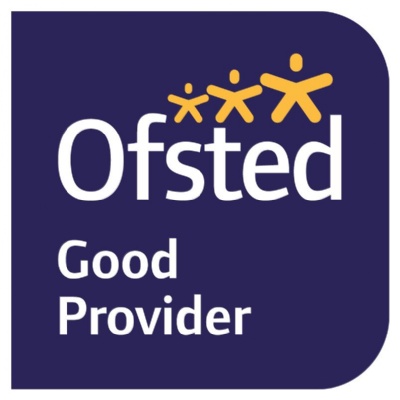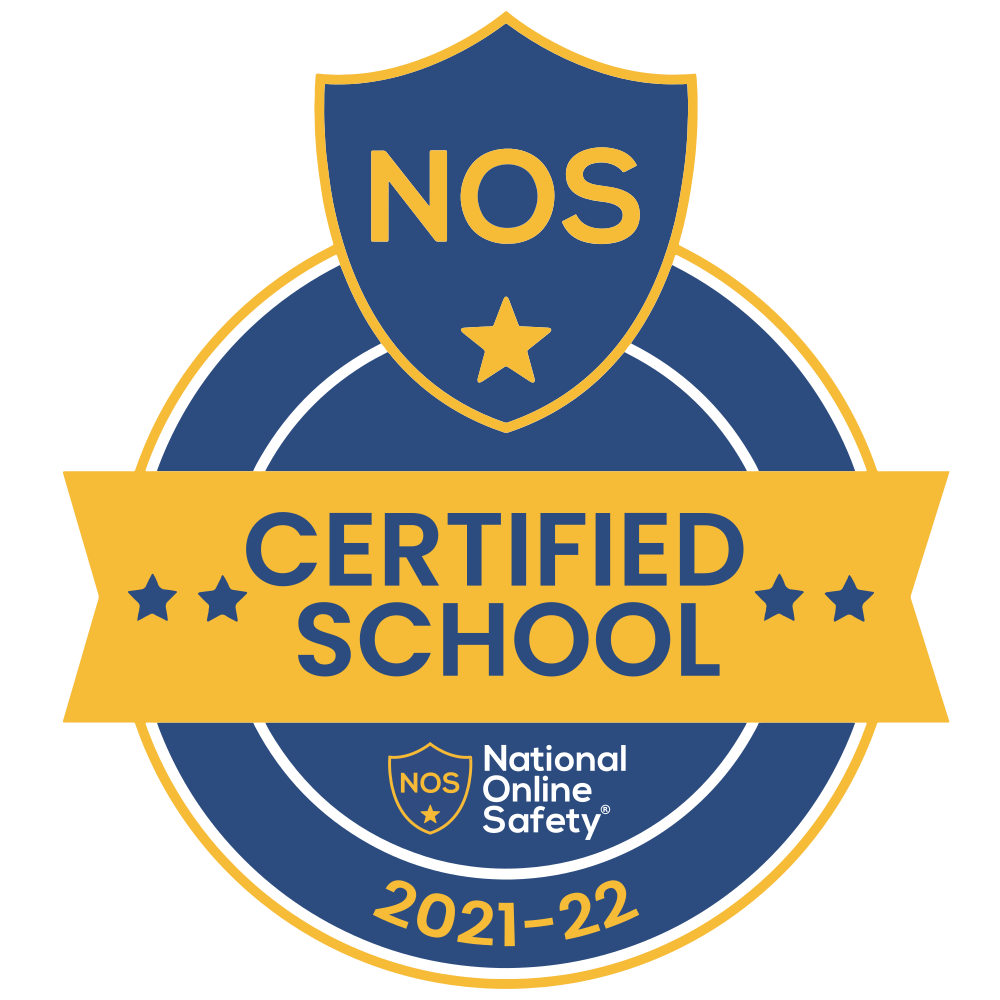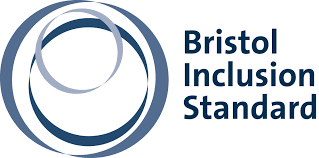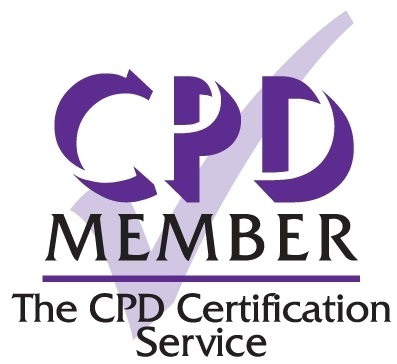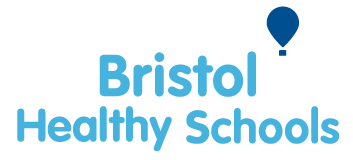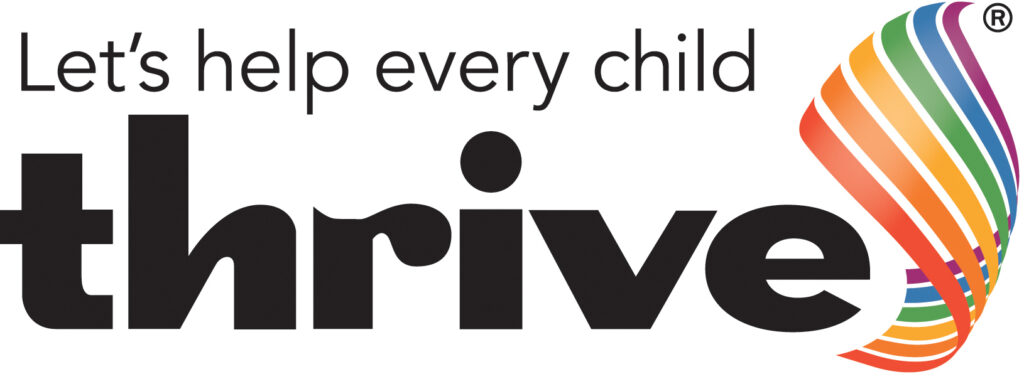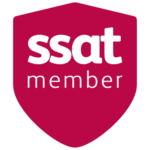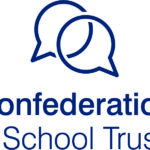A Guide for Young People About Keeping Themselves Safe from CSE
Barnardo’s Cymru in conjunction with the Welsh Government has launched a guide for young people about keeping themselves safe from child sexual exploitation.
e-Safety
e-Safety is a term which refers not only to the internet, but other ways in which young people communicate using electronic media e.g. mobile phones, tablets.
Part of this is ensuring that children and young people are protected from harm and supported to achieve the maximum benefit from new and developing technologies, without risk to themselves or others.
An aim of promoting e-safety is to protect children and young people from the adverse consequences of access, or use of electronic media, including bullying, inappropriate sexualised behaviour or exploitation.
New Measures to Keep Children Safe Online at School and at Home
– A guide to help parents keep their children safe online produced by the UK’s Council for Child Internet Safety (UKCISS) – to help children understand the risks and benefits of social media, and prevent risks becoming problems.
– The National Crime Agency’s CEOP Command has revised and updated the parents content on the Thinkuknow website – the new site offers a completely refreshed suite of articles and guidance on all aspects of child internet safety, as well as providing specific advice for parents and carers on preventing their children from becoming victims of sexual abuse and exploitation both online and in the ‘real world’ http://www.thinkuknow.co.uk/
A Pocket Guide for Snapchat
What is Snapchat? How can I stay in control? How do I find all of my friends? How do I block and delete? The answers to all of these questions and more can be found here… Do the check.
A Parents Guide to Instagram
At the UK Safer Internet Centre, one of their key objectives is to develop new educational and awareness-raising resources for parents, in the name of helping teens stay safe online.
NSPCC Online Safety
Helpful advice and tools you can use to help keep children safe whenever and wherever they go online.
Internet Safety Guide
An internet safety guide has been launched to support parents of children who have been in trouble for viewing or sharing sexually explicit material online. Created by The Lucy Faithfull Foundation, the 32-page guide aims to help parents that are struggling to understand and keep pace with what their children get up to online.
Advice for Parents on How to Talk to Children
The NSPCC has published new advice for parents on how to talk to children about the risks of online pornography and sexually explicit material.
Accidental Outlaws
Three quarters of us have Internet access at home, and a third go online via mobile phones. Three in four UK internet users have a Facebook account but our research shows people still aren’t clear about what they can and can’t post, sell or download online.
Take this test to see how you fare against the average online user, pitting your knowledge of the law against nine scenarios you might come across everyday on the web.
Social Age
Think you know social media? Take the challenge…
Supporting Young People Online
An e-safety leaflet for parents called Supporting Young People Online has been translated into 11 additional languages. It is free to download, easy to print, and it contains tips for parents and children, conversation starters and a check-list.
Funded by the London Grid for Learning, and supported by ECPAT and the South West Grid for Learning, the resource can now be downloaded in Arabic, Bengali, Hindi, Polish, Punjabi, Somali, Spanish, Turkish, Urdu, Vietnamese and Welsh.
Supporting Young People Online
A Parents Guide to Share Aware – Helping You Keep Your Child Safe Online
A guide for parents and carers including information and advice for keeping children safe online. This covers how to talk to your child about online safety – including suggested talking points, makes suggestions for things that families can do such as setting boundaries, agreeing ground rules and being positive about the benefits of the internet. It also addresses things that parents can do to keep children safe, such as using filters and parental controls online. In addition, this guide looks at what to do if things go wrong and where to get extra support.
Net Aware
Online guide to social networks, sites and apps that children use. Each entry includes: a brief description of the social network; key findings on what children and young people say to look out for and why they like it; and parents’ opinions on the sign-up, privacy settings, reporting and safety advice associated with social networks.
Advice for Parents on Cyberbullying
This advice is for parents and carers about cyberbullying. It provides advice and information about how they can protect their child from cyberbullying and how to tackle it if it happens.
Advice for Parents on Cyberbullying

ADT Healthcare offers a free helpline dedicated to helping women and families suffering from drug, alcohol and mental health issues. ADT Healthcare was founded in 2011 by people who overcame addiction themselves.


